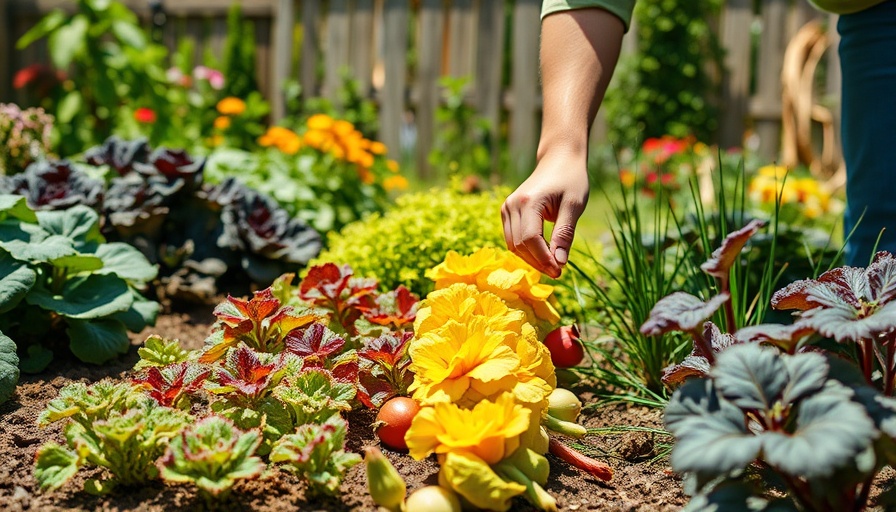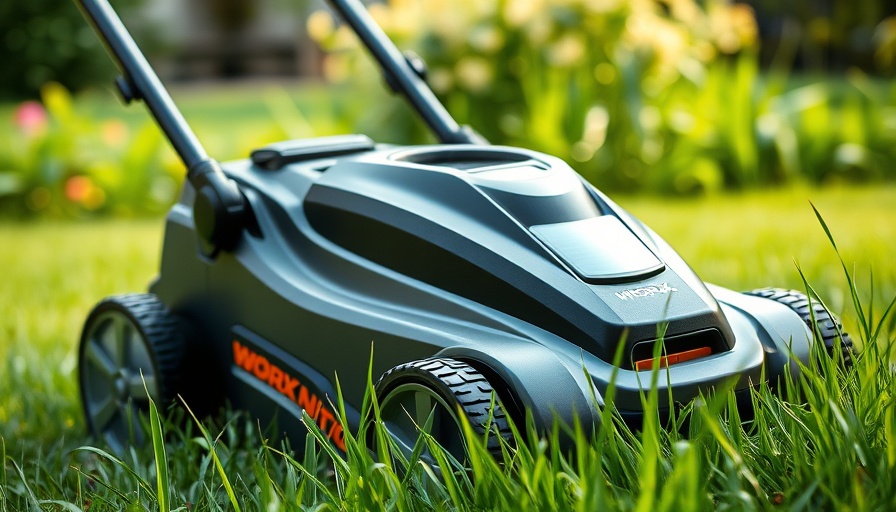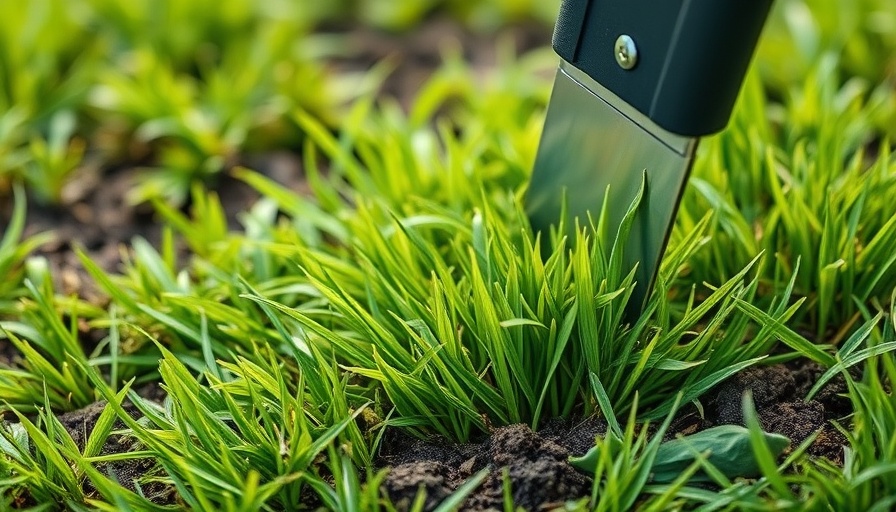
Grass in Your Garden: The Unwelcome Intruder
For homeowners and property managers looking to maintain their vibrant outdoor spaces, grass invading a vegetable garden can feel like an unexpected houseguest who refuses to leave. This green intruder competes for essential resources like sunlight, water, and nutrients, often stunting the growth of your prized tomatoes, peppers, and carrots. According to the National Gardening Association, nearly 60% of home gardeners report weed control—especially grass—as their top challenge. However, with the right strategies, you can reclaim your garden from this relentless foe.
Understanding the Grass Problem
Grass isn’t merely an aesthetic choice; it represents a significant barrier to healthy vegetable growth. A single Bermuda grass blade can grow extensive underground rhizomes, spreading up to 25 feet in one season, making it notoriously difficult to eliminate. Research suggests that unchecked grass can reduce vegetable yields by as much as 50% (USDA estimates). Such losses can be devastating for seasonal gardeners aiming for a productive yield. Beyond just competition for resources, grass can also harbor pests and diseases that further threaten your hard-earned crop, much like an unruly neighbor invited to crash on your couch, eventually causing chaos in your home.
Top Methods for Banishment
We’ve curated effective strategies for not just removing grass from your vegetable garden but preventing its return. Here are the best methods, suitable for different budgets and garden sizes.
1. Hand-Pulling: Traditional Yet Effective
This age-old technique is great for smaller patches of grass, serving as the most immediate solution to tackle those pesky invaders. The key here is to ensure that you pull out the entire root; this goes beyond aesthetics to ensure they don’t spring back within weeks. A garden fork or trowel can assist in loosening the soil, making roots easier to grab. Remember to wet the area beforehand to ease the pulling, much like lubricating a stuck cork from a wine bottle makes it come out smoothly. Notably, findings from a 2022 gardening survey indicated that the average gardener spends 3-5 hours per season on hand-weeding—a commitment that could otherwise be put to better use, like harvesting those vegetables.
2. Mulching: Smothering the Grass
If your gardening style leans organic and you’re dealing with larger areas, mulching could be your best bet. This method involves applying a thick layer of organic material—like straw or wood chips—on top of the soil. It creates a protective barrier that blocks sunlight, essential for grass to photosynthesize. The University of Maryland Extension found that a proper 3-inch mulch layer can cut weed growth by up to 90%. Prior to application, clear away as much grass as possible and consider laying down cardboard to smother any remaining growth.
3. Solarization: Nature’s Furnace
For a thoroughly eco-friendly option, consider solarization. This method traps sunlight beneath clear plastic film covering the area for 4-6 weeks. This heat kills unwanted grasses by cooking them in their environment while preparing the soil for your vegetables. Though this technique requires some patience, the long-term payoff is a weed-free plot ready for planting.
4. Herbicide Use: Be Cautious
If your battle with grass escalates, you might contemplate chemical options. However, using herbicides requires careful consideration. They can be effective but could also pose risks to your vegetables or local ecosystems. It's essential to choose targeted products and follow the instructions meticulously to prevent damaging your vegetable plants. Always opt for environmentally-friendly alternatives whenever possible.
Future Predictions: Garden Trends
As the popularity of home gardening continues to surge, particularly among those residing in seasonally intense climates like Michigan, innovative methods for grass removal are on the rise. From vertical gardens to using technology in soil monitoring, homeowners are adopting more modern practices to enhance their gardens and protect what they grow. This trend reflects a growing desire for self-sustainability and eco-conscious living.
Key Takeaways for Every Gardener
Implementing these strategies may seem daunting, but tackling grass in your vegetable garden is not insurmountable. With proper techniques and a bit of elbow grease, you can maintain and improve the functionality and appearance of your outdoor spaces. Engage with your garden on a personal level, and don’t hesitate to experiment with different methods until you find what works best for you.
In conclusion, whether you're a homeowner or a property manager, banishing grass from your vegetable patch is achievable. By employing these methods, you’ll cultivate a thriving, weed-free garden ready to produce healthy vegetables. Remember to stay informed about the latest trends and techniques in gardening to optimize your efforts successfully.
Ready to take your garden care to the next level? Consider seeking professional landscaping services that can help establish and maintain your garden's health year-round, especially during the seasonal growth cycles of your area. With the right support, you can transform your struggles into success.
 Add Row
Add Row 
 Add
Add 


 Add Row
Add Row  Add
Add 
Write A Comment